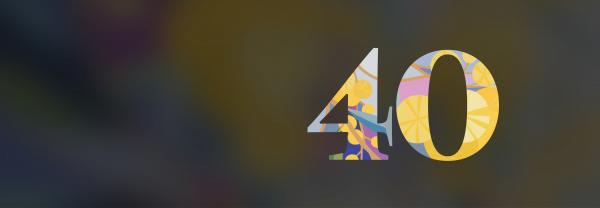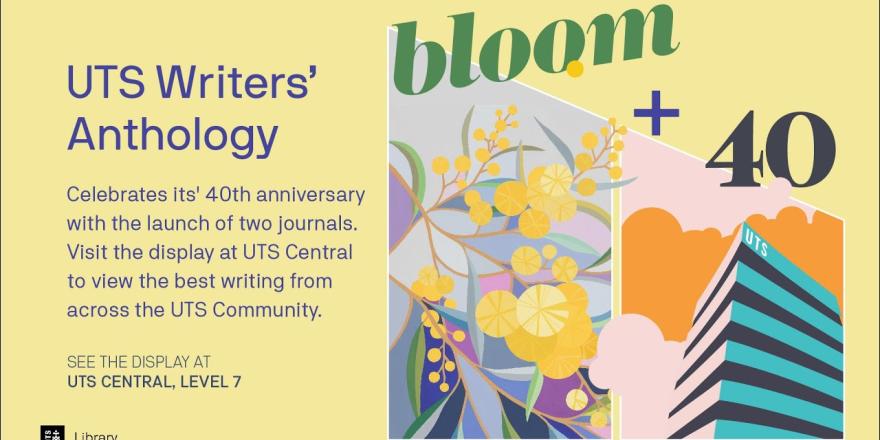uh as far as i recall i think we were
talking about the
the process and and the difficulties of
getting published and drusilla majestic
came up with the idea of an anthology
because she thought it would also be
good training in in editing and looking
at other people's work um critically
[Music]
they choose the content
and that content is chosen without
knowing the names of any of the
any of the contributors from
from a year's worth of work that
students submit they make all the
editorial decisions they come up with
the title of the journal they talk about
covers with the designers
they
edit the work and then they're
responsible for the launch um and or
multiple launches sometimes it's they're
really responsible for the full process
[Music]
it was definitely more than i expected
it's not just being an editor in the
committee it's also
taking on marketing taking on social
media pr
um and working kind of throughout the
whole year throughout the publishing
process it was it was so fascinating to
see the breadth of talent that uts has
and that's available for uts students
and it was just absolutely fantastic to
be able to read all of that and see that
yeah it was so exciting to
find out that the work was was accepted
i feel like with writing
a lot of the time you're kind of writing
something by yourself in your room often
not that many people read what you've
written so the fact that i'd written
these stories that were going to be
published in a book was very exciting um
yeah i can't wait to for it to come out
i do remember one
memorable launch it was this
one actually i think
what you do and don't want
one of the students who published a
piece sam twyford moore
had written a piece that referenced the
author frank morehouse so i invited
frank morehouse if he to see if he'd
come and launch it and thinking he
absolutely wouldn't but he did
oh my god
oh
i thought this was only going to be
electronic
oh my god
oh present thank you oh wow
i ran riding workshops out at
eastwood
public school
and
a student enrolled in
year four i think
uh there and continued uh studying
writing with me through to year 12
and then came here to uts and where is
she
and
in here she's late for lunch
what i'm seeing is
that
i am among
friends
in in this one i feel connected with
both of these
thank you the uts writers anthology
continues to be one of the most exciting
public displays of the outstanding
student works that emerge from faster's
world-class writing program and i'm
immensely proud to be here to witness
the celebration of its 40-year history
[Music]
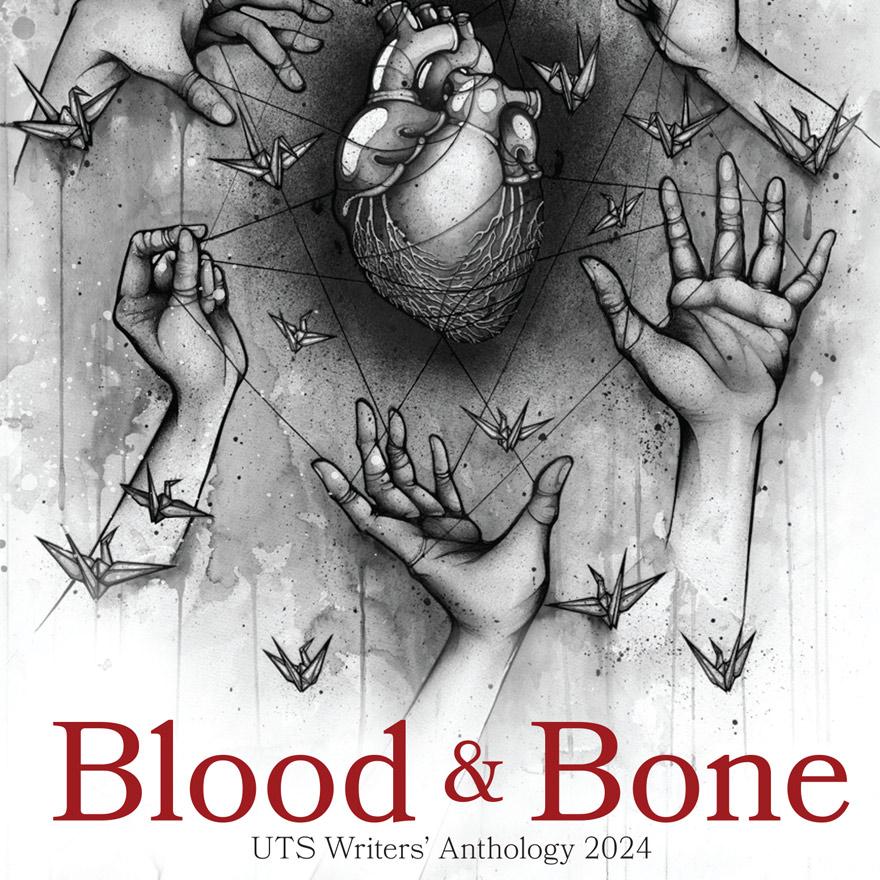
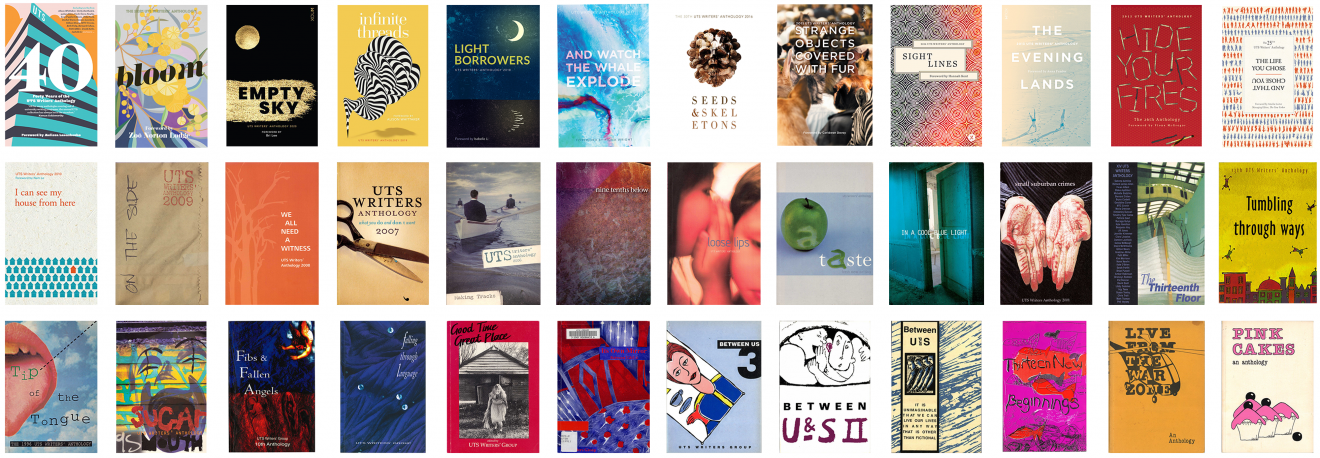
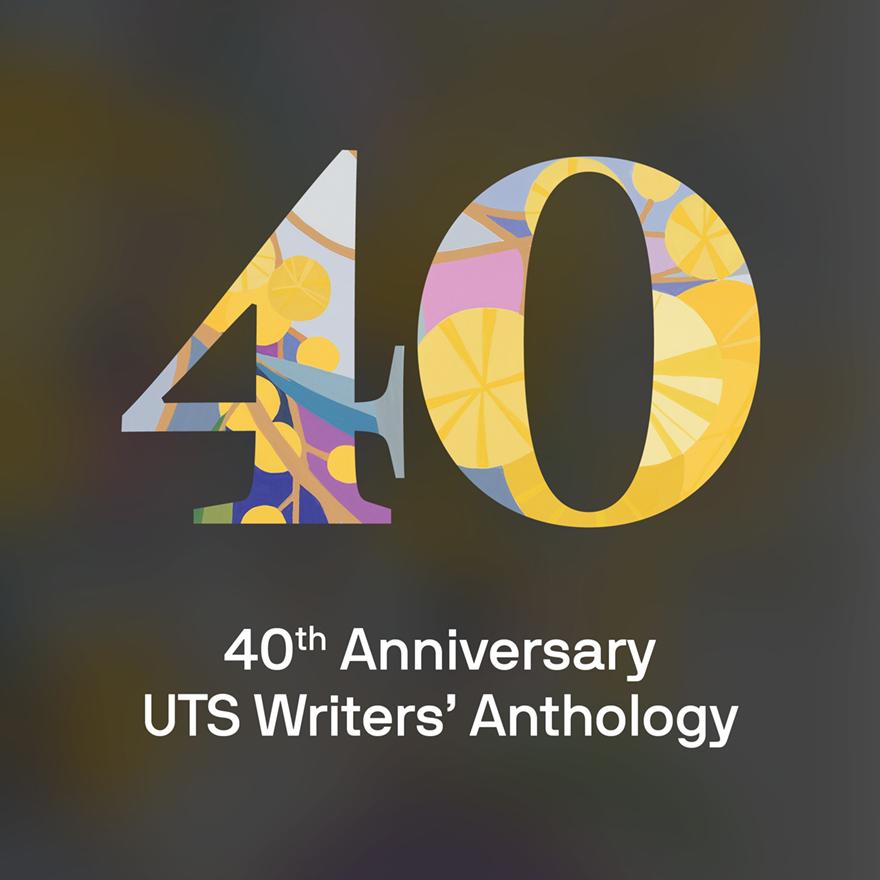
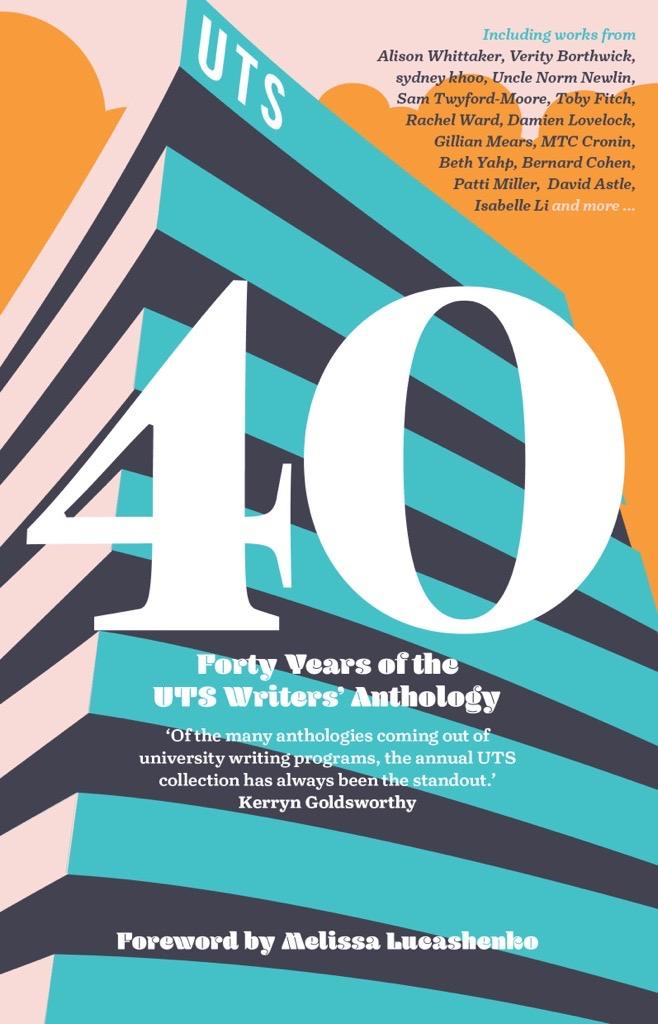
 Previous editions
Previous editions The anthology process
The anthology process Study Creative Writing
Study Creative Writing

